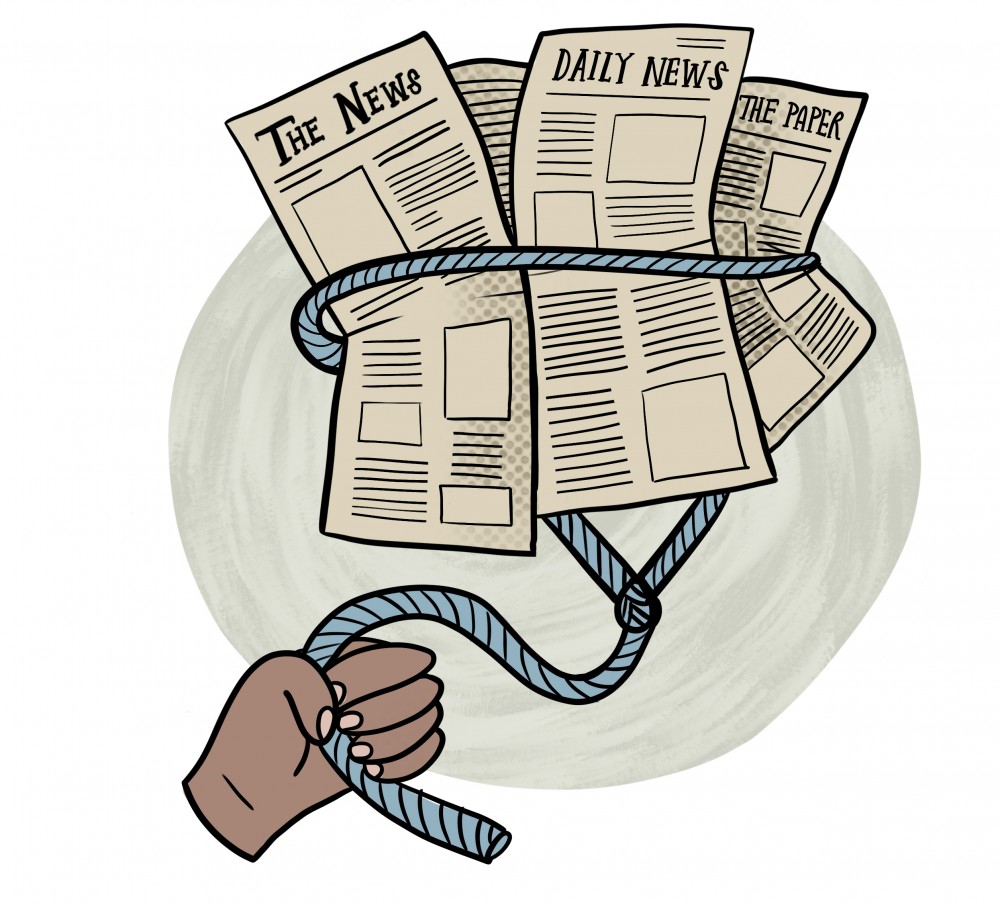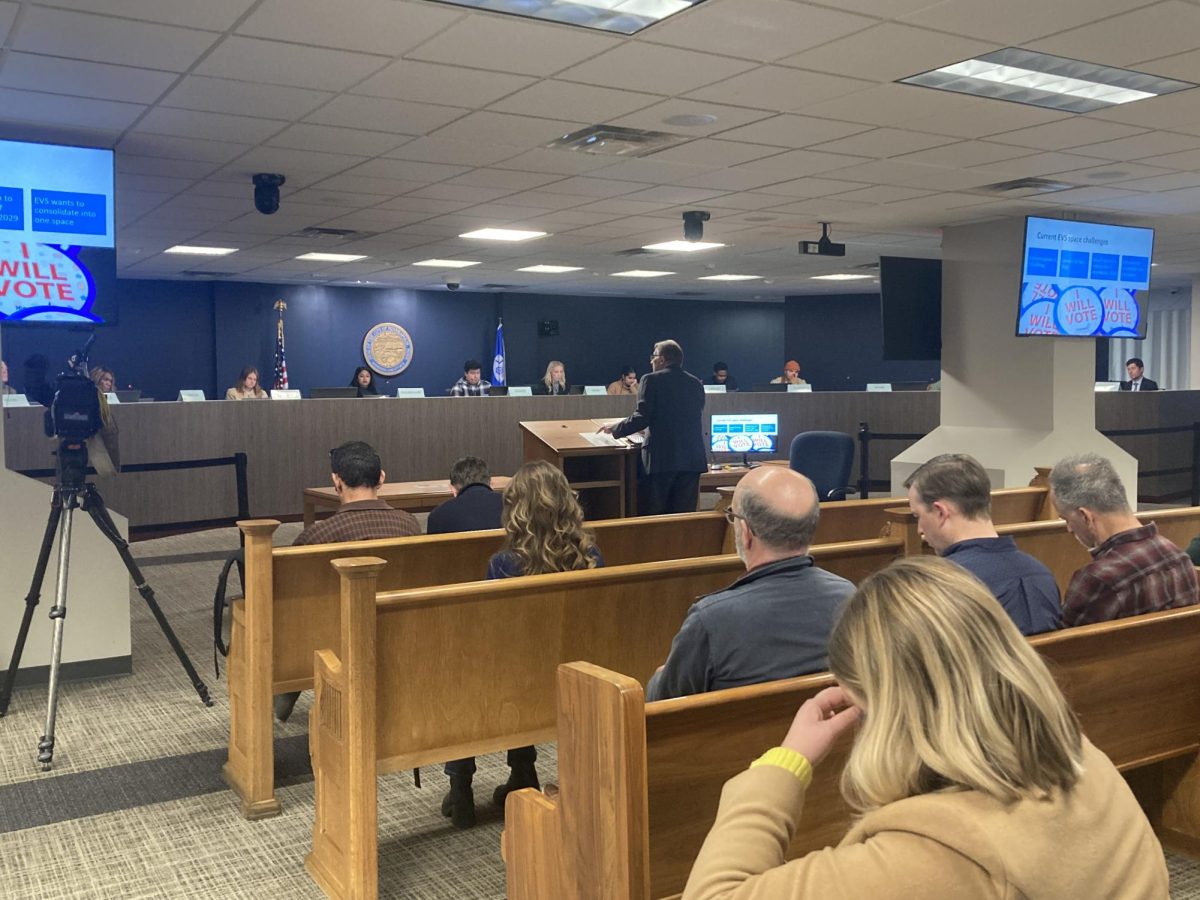The U.S. begins to leave the Paris Climate Agreement
Earlier this month, the United States began its formal exit from the Paris Climate Agreement, a process which will be completed Nov. 4, 2020 — a year from the official announcement.
According to NPR, the Trump Administration has officially notified the United Nations of its plan to leave the PCA. The decision comes more than two years after the President first announced his intentions in June 2017.
Jessica Hellmann, director of the University of Minnesota’s Institute on the Environment, said the agreement was drafted and signed as an international effort to curb greenhouse gas emissions and prevent the overall global climate from increasing more than 2 degrees Celsius through action and policy.
Hellmann said that, as one of the largest contributors to greenhouse gas emissions, the United States’ departure from the Agreement was not promising for the future of the planet.
“We are the biggest player in the world,” she said. “We are single-handedly responsible for the largest amount of greenhouse gas emissions that have been emitted to the atmosphere and we are, still today, one of the largest emitters every single day of the year.”
Currently, the U.S. is the only country of the nearly 200 that signed in 2016 to withdraw. The PCA’s language was specifically engineered to make leaving difficult, according to NPR.
Update on the impeachment inquiry
Following a month of closed-door depositions, the House of Representatives began public impeachment hearings on Wednesday.
The House voted on Oct. 31 to formalize the impeachment inquiry into President Donald Trump’s alleged misdealings with the Ukraine.
Speaker of the House Nancy Pelosi, D-Calif. announced the official inquiry in September. Since then, six Democrat-majority committees have been investigating the president, with the Intelligence Committee at the lead. The Judiciary Committee will determine whether or not the articles of impeachment will be presented to the entire House, per USA Today.
According to ABC News, there have been no official comments on the exact articles that House Democrats plan on drafting, but various obstruction and abuse of power charges have all been considered. Of course, what is drafted will depend on what is found during the inquiry.
Per USA Today, there are currently four House vacancies that are unlikely to be filled before any votes: Sean Duffy, R-Wis. (resigned), Chris Collins, R-N.Y. (resigned), Elijah Cummings, D-Md. (deceased) and Katie Hill, D-Calif., (resigned).
Larry Jacobs, political science professor at the Humphrey School of Public Affairs, predicts the rest of this process will be full of the “bitter partisanship” in voting and “fiery moments” during the hearings.
“There’ll be a lot of big headlines because will be the first time you can actually hear these witnesses,” Jacobs said. “Bottom line, the build up next week is going to be fireworks, and grab your popcorn because it’s going to go on for at least another month.”
Twitter’s ban on political advertising
Late last month, Twitter CEO Jack Dorsey announced that the platform would be banning political advertising from its site.
Dorsey announced the initiative on Oct. 30 through a thread of tweets on his public account.
“We believe political message reach should be earned,” Dorsey tweeted. “A political message earns reach when people decide to follow an account or retweet. Paying for reach removes that decision, forcing highly optimized and targeted political messages on people. We believe this decision should not be compromised by money.”
Critics have drawn a comparison between Twitter and Facebook. Facebook has come under fire recently for its policy of not fact-checking or removing similar political content, according to CNBC.
But some on Dorsey’s thread criticized the move as an attack on free speech.
“I think [the ban] cut off the ability of some smaller campaigns to have access to a platform they can afford … So much political news moves through Twitter,” said Christopher Terry, professor of media law at the Hubbard School of Journalism and Mass Communication. “Even if it’s a paid access, you’re potentially cutting off a source of information or a resource that people might rely on.”
The official policy is set to be announced on Friday and will go into effect on Nov. 22, according to Dorsey’s tweets.














